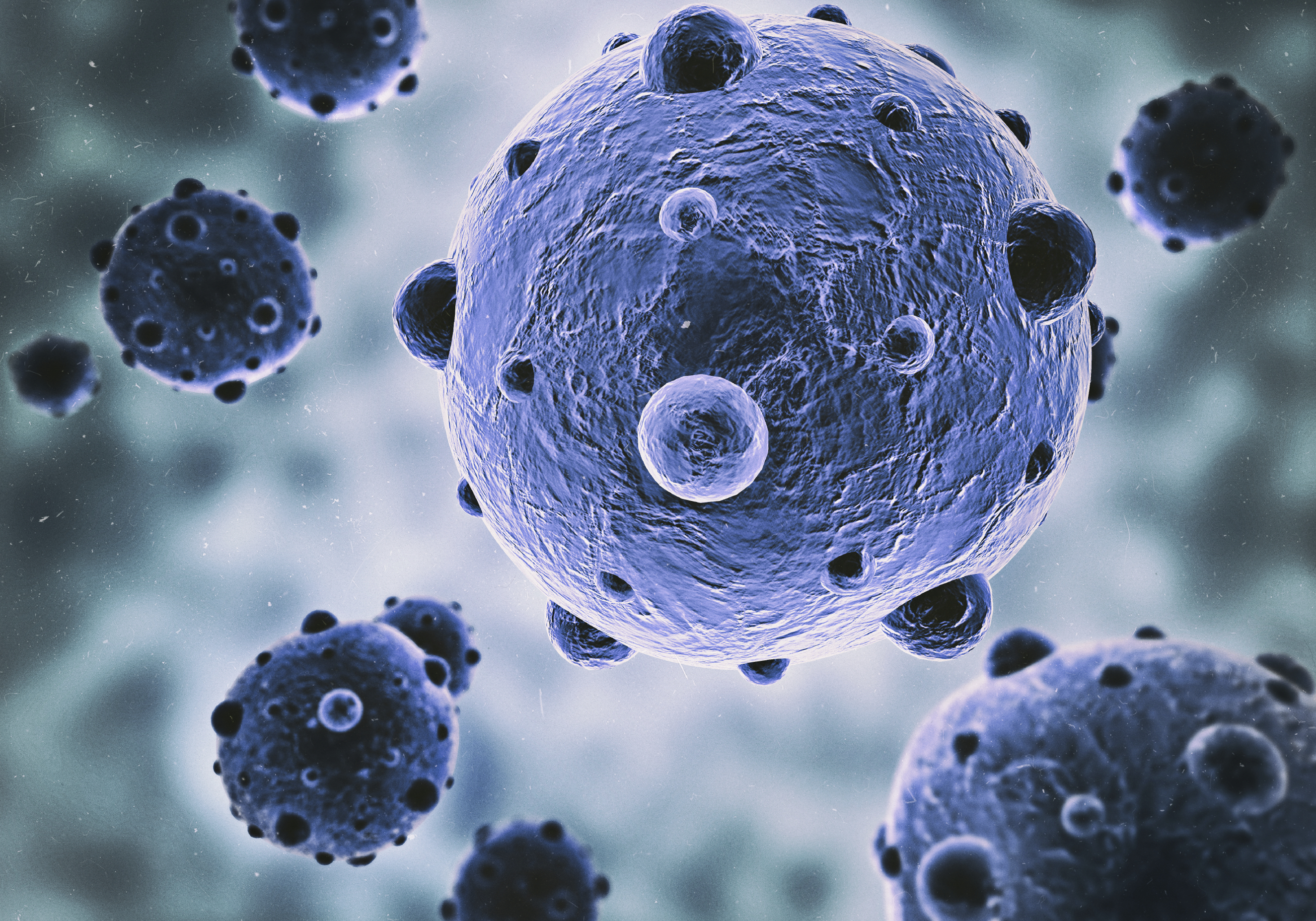Cancer cells are able to “bully” neighbouring healthy tissue into helping tumours grow and spread, a new study has found.
A mutant gene is used by cancer cells to persuade healthy cells to release unique growth signals which tumours can use to multiply but cannot make themselves.
Researchers say the findings could lead to new treatments for the deadly disease as it sheds more light on how cancer cells and normal cells communicate with each other.
The study, conducted by The Institute of Cancer Research, London, and the Cancer Research UK Manchester Institute found faulty versions of the KRAS gene – often mutated in cancer – can have an important effect on healthy tissue.
The KRAS gene makes occasional signals that tell a cell to divide, but when mutated the gene becomes hyperactive and helps drive cancer cells’ rapid and uncontrolled growth.
Scientists also found mutated KRAS genes also play an important role in turning healthy ‘stromal cells’ into cancer’s allies.
For the first time the research team were able to show communication from cancer-causing gene controlling cancer via healthy stromal cells.
Senior researcher Dr Chris Tape, of The Institute of Cancer Research, said: “What our research underlines is that cancer cells do not drive the growth and spread of tumours alone – they can bully their healthy neighbours into helping them.
“Some pancreatic tumours have more healthy stromal cells within them than they do cancer cells, so understanding how cancer cells turn their neighbours into allies is critically important.
“We have discovered exactly how cancer cells can persuade stromal tissue to secrete key growth signals, and in doing so opened up exciting new possibilities for treatment.”
The researchers looked at the communication between cells from a type of pancreatic cancer called pancreatic ductal adenocarcinoma, which is one of the most deadly forms of cancer responsible for 9,000 deaths in the UK each year.
They found in more than 90 per cent of pancreatic cancer the KRAS gene is mutated. They also found it is mutated in nearly 20 per cent of all cancers.
By monitoring proteins in the two cells at the same time, they discovered that healthy cells were responding with a totally new message – a message that doubled the capacity for KRAS to drive malignant behaviour in the cancer cells.
Lead researcher Dr Claus Jorgenson, of the Cancer Research UK Manchester Institute, added: “We now know that tumours are a complex mix of genetically diverse cancer cells and multiple types of healthy cells, all communicating with each other via an intricate web of interactions.
“Untangling this web, and decoding individual signals, is vital to identify which of the multitude of communications are most important for controlling tumour growth and spread.
“We have identified a key role played by the most commonly mutated gene in cancer in communicating with healthy cells. Blocking its effects could be an effective cancer treatment.”
The research, funded by the Wellcome Trust, Cancer Research UK and the Rosetrees Trust, was published in the journal Cell.




